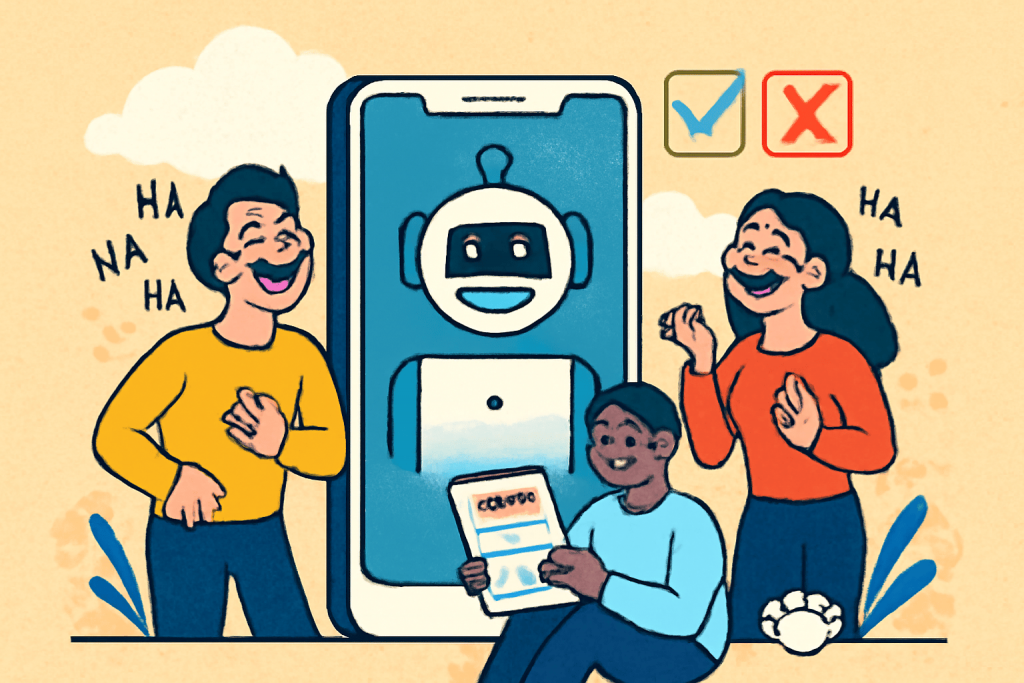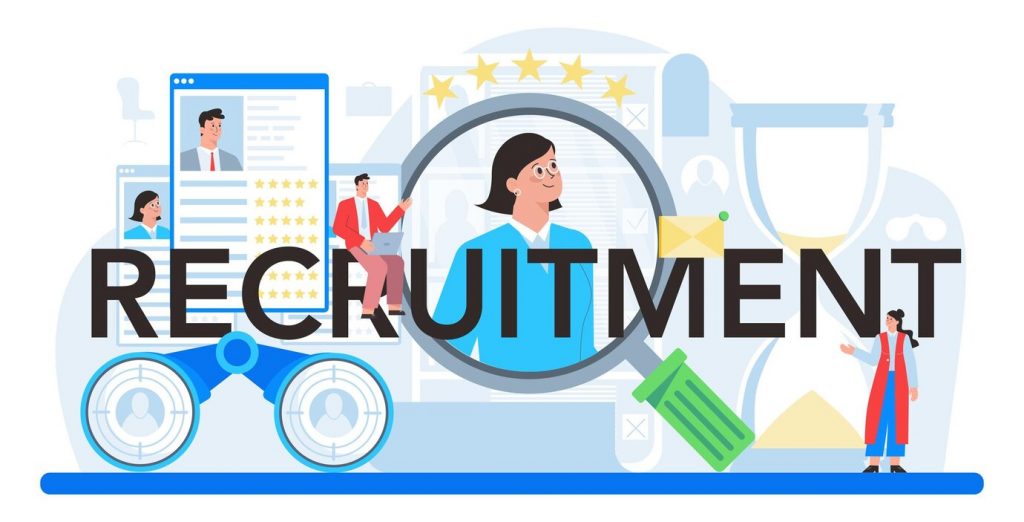TLDR;
-
Win: AI speeds up hiring, reducing time-to-hire by up to 40%.
-
Win: AI helps reduce bias by focusing on skills and qualifications, not personal characteristics.
-
Fail: AI cannot evaluate soft skills and cultural fit effectively.
-
Fail: Without careful training, AI can inherit biases from historical data, skewing results.
-
Win: Automation of repetitive tasks frees up HR teams for more meaningful work.
-
Fail: AI tools still struggle to understand non-standard resumes or career gaps.
Introduction: Is AI the Secret Sauce to Successful Hiring?
The hiring world is changing rapidly, and a key player in this transformation is artificial intelligence (AI). Companies are increasingly turning to AI-powered tools to sift through piles of resumes, screen candidates, and even predict the perfect hire. But like all technologies, AI in hiring has its real-world wins and fails. Will AI truly revolutionize recruitment, or is it just another overhyped buzzword?
In this article, we will explore the real-world successes and failures of AI in the hiring process, complete with practical insights that can help you laugh all the way to your next offer letter and avoid the mistakes along the way.
AI Hiring Wins: When Robots Get It Right
1. Speed and Efficiency—The Ultimate Time Saver
AI tools are known for their ability to process resumes in a fraction of the time it would take a human recruiter. Imagine receiving hundreds or even thousands of applications for a single role. Without AI, that’s an overwhelming task. But with AI, resume screening can happen in seconds. AI systems can scan, evaluate, and rank candidates based on key factors such as experience, education, and skills.
Real-World Win:
A global tech company implemented an AI resume scanner and reduced their time-to-hire by 40% within the first quarter. Instead of spending hours reviewing resumes, HR professionals could focus on candidates who had the highest fit for the role.
2. Bias Reduction—An Equal Opportunity for All?
One of the most powerful benefits of AI is its ability to reduce bias in hiring. Human recruiters often unintentionally favor candidates based on unconscious biases, such as gender, race, or age. AI, when properly trained, evaluates candidates solely based on qualifications and experience, providing a more level playing field.
Real-World Win:
Unilever’s recruitment process using AI screening tools resulted in 16% more diverse hires. The AI systems ranked applicants based on skills, not demographic data, which led to greater diversity in their hiring outcomes.
3. Automation of Repetitive Tasks—Freeing Up Time for What Matters
AI doesn’t just assist in candidate screening; it can also automate repetitive tasks, such as interview scheduling, follow-ups, and sending automated rejection emails. This frees up HR professionals to focus on more meaningful work, like conducting interviews and assessing cultural fit.
Real-World Win:
A mid-sized company adopted an AI tool for scheduling interviews and saw an 80% reduction in time spent on administrative tasks. HR managers could dedicate more time to personal candidate interactions, ultimately improving the quality of hire.
AI Hiring Fails: When Robots Miss the Mark
1. Soft Skills and Cultural Fit—The Human Touch is Irreplaceable
While AI excels at evaluating hard skills like technical expertise or experience, soft skills (such as communication, teamwork, and emotional intelligence) often don’t translate well into a data point. These attributes are crucial for a candidate’s success in many roles, especially those requiring high collaboration or leadership.
Real-World Fail:
An AI system used by a financial institution ranked a highly skilled candidate poorly due to their non-conventional resume formatting. While the candidate had the right skills, they lacked the experience listed in traditional terms. The lack of nuanced understanding from the AI led to an inaccurate evaluation, resulting in a missed opportunity for a great hire.
2. Bias Inheritance—When AI Becomes Just as Biased as Humans
AI is only as unbiased as the data it’s trained on. If an AI system learns from biased hiring data (like favoring candidates from particular universities or ethnic backgrounds), it may replicate these biases in its decision-making. This is a major pitfall for companies seeking diversity in hiring.
Real-World Fail:
A popular AI hiring tool used by a leading tech firm inherited bias from its training data, leading to underrepresentation of female applicants in engineering roles. Despite the algorithm’s intent to reduce bias, it ended up reinforcing existing gender biases in the data.
3. Non-Standard Resumes—The Trouble with Outliers
AI can struggle to interpret non-standard resumes or candidates who have taken unique career paths, including those with employment gaps or career pivots. Since most AI systems rely on specific keywords and standardized formats, anything that doesn’t fit the mold might be discarded.
Real-World Fail:
A candidate with a successful entrepreneurial background but an unconventional career trajectory was rejected by an AI screening system. The candidate had successfully run their own business, but their resume didn’t fit traditional job descriptions, causing the AI to overlook them. This was a missed opportunity to hire someone who could bring innovation and leadership skills to the company.
The Verdict: AI Hiring—A Perfect Blend of Efficiency and Human Insight
While AI is certainly a game-changer in the hiring process, it’s not a silver bullet. The combination of speed, efficiency, and bias reduction are incredible wins, but AI still has limitations—particularly when it comes to understanding the human elements that make a candidate truly great.
The best approach? Use AI as a tool to assist HR professionals rather than replace them. AI can handle the heavy lifting of screening resumes, scheduling interviews, and processing data, while humans should provide the emotional intelligence, context, and creativity needed to make those final hiring decisions.
Frequently Asked Questions (FAQs)
Q1: Can AI replace human recruiters in the hiring process?
A1: No, while AI can streamline many parts of the hiring process, human recruiters are essential for evaluating soft skills, understanding context, and making final decisions based on intuition and empathy.
Q2: How can AI reduce bias in hiring?
A2: AI can minimize bias by focusing on qualifications, skills, and experience instead of demographic factors. However, it’s crucial to regularly audit AI systems to ensure they’re not replicating existing biases from the training data.
Q3: Does AI miss out on soft skills?
A3: Yes, AI tools often struggle to assess soft skills like emotional intelligence, communication, and cultural fit, which are critical for success in many roles. This is where human insight is needed.
Q4: Can AI accurately process non-standard resumes?
A4: AI can struggle with non-traditional resume formats or unconventional career paths. While AI can be trained to understand different formats, it still prefers structured, keyword-rich resumes.
Q5: Is AI hiring the future of recruitment?
A5: AI will undoubtedly play a significant role in recruitment, but human oversight will always be necessary to ensure the process is fair, holistic, and accurate. The future is a collaboration between AI tools and human recruiters.
Conclusion: Real-World Wins, Real-World Fails
The rise of AI in hiring has already had massive wins in terms of efficiency, bias reduction, and automation. However, AI is still in its early stages and can falter when it comes to assessing soft skills, handling non-traditional resumes, and inheriting biases. The key to success lies in combining AI’s efficiency with human intuition and empathy—allowing recruiters to work smarter, not harder, while still ensuring that the final hiring decisions are as holistic and informed as possible



